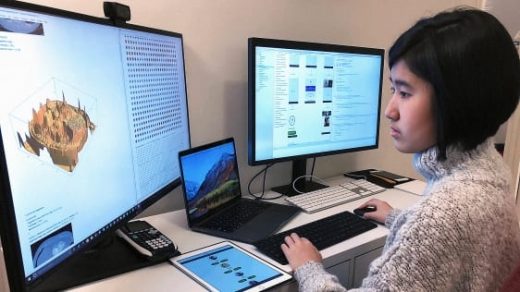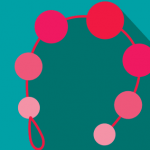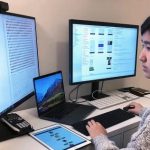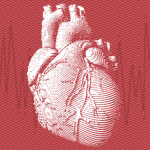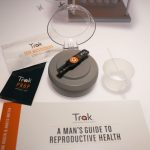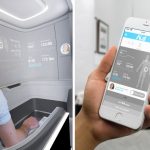A 14-Year-Old Made An App To Help Alzheimer’s Patients Recognize Their Loved Ones
 By Adele Peters
By Adele Peters
When Emma Yang was 7 or 8 years old, her grandmother became increasingly forgetful. Over the next few years, those memory problems, caused by early Alzheimer’s disease, worsened. Yang, who learned to code at an early age, decided to create an app to help.
“I have personal experience with how the disease can affect not only the patient, but also family and friends. When I was about 11 or 12, I got really interested in using technology for social good to help other people around the world,” says Yang, who is now 14.
In her app under development, called Timeless, Alzheimer’s patients can scroll through photos of friends and family, and the app will tell them who the person is and how they’re related to the patient using facial recognition tech. If a patient doesn’t recognize someone in the same room, they can take a picture and the tech will also try to automatically identify them.
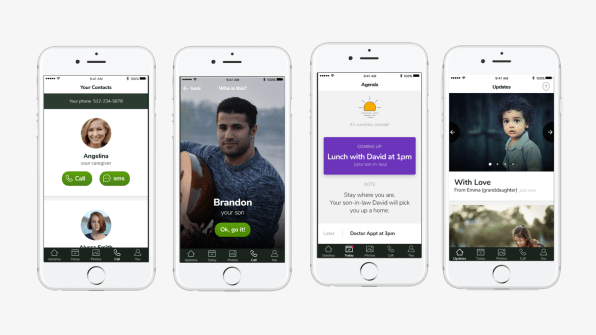
“I saw a lot of things about how AI and facial recognition were really evolving and being applied in more and more areas, especially healthcare,” she says. She partnered with mentors at the tech company Kairos, which makes the facial recognition software that is now used by the app, and learned to code for the iPhone for the first time.
The app also includes a simple reminder screen that lists appointments for the day, along with a simple contacts screen that shows photos of family members along with names. If a patient tries to call a contact repeatedly–something that can sometimes happen because of the disease–the app will flash a quick reminder: “Are you sure you want to call? You just called less than five minutes ago.” A “me” page shows the patient’s own name, age, phone number, and address.
A caregiver maintains some of the other parts of the app, including putting events on the daily calendar, and inviting friends and family to send an initial set of photos that the facial recognition algorithm can use to learn to identify them.
The app is still in development, and Yang doesn’t yet have proof that it will work. In a crowdfunding campaign, she’s raising money to take the next step of piloting it with patients. But she is optimistic that it can help, especially if introduced to someone in the early stages of the disease.
“There are no apps on the market that really help Alzheimer’s patients with their daily lives,” she says. “A lot of times people think that it’s not going to help, or the elderly can’t really use technology, but in fact, if you strategically introduce it to them, it’s actually a possibility and can really benefit their lives.”
Katherine Possin, an associate professor at the UCSF Memory and Aging Center who was not involved with the project, agrees. “It can be hard for somebody who has a lot of cognitive impairment or memory problems to learn a new technology or software,” Possin says. “But if somebody’s mild in their disease, and with support from their caregiver, it’s possible that if the app is simple enough that they can learn to use it through repetition and practice.”
Scrolling through the labeled photos, Possin says, can be a type of social activity for the patient, helping keep family members and friends in mind. It also could strengthen memory. “I think it can be very helpful for patients to rehearse memories that are important to them–having a chance to rehearse that can strengthen those memories and make them stronger and make them more resilient in the face of the disease.”
Yang recently shared her story on a podcast called Sincerely Hueman.
(30)

